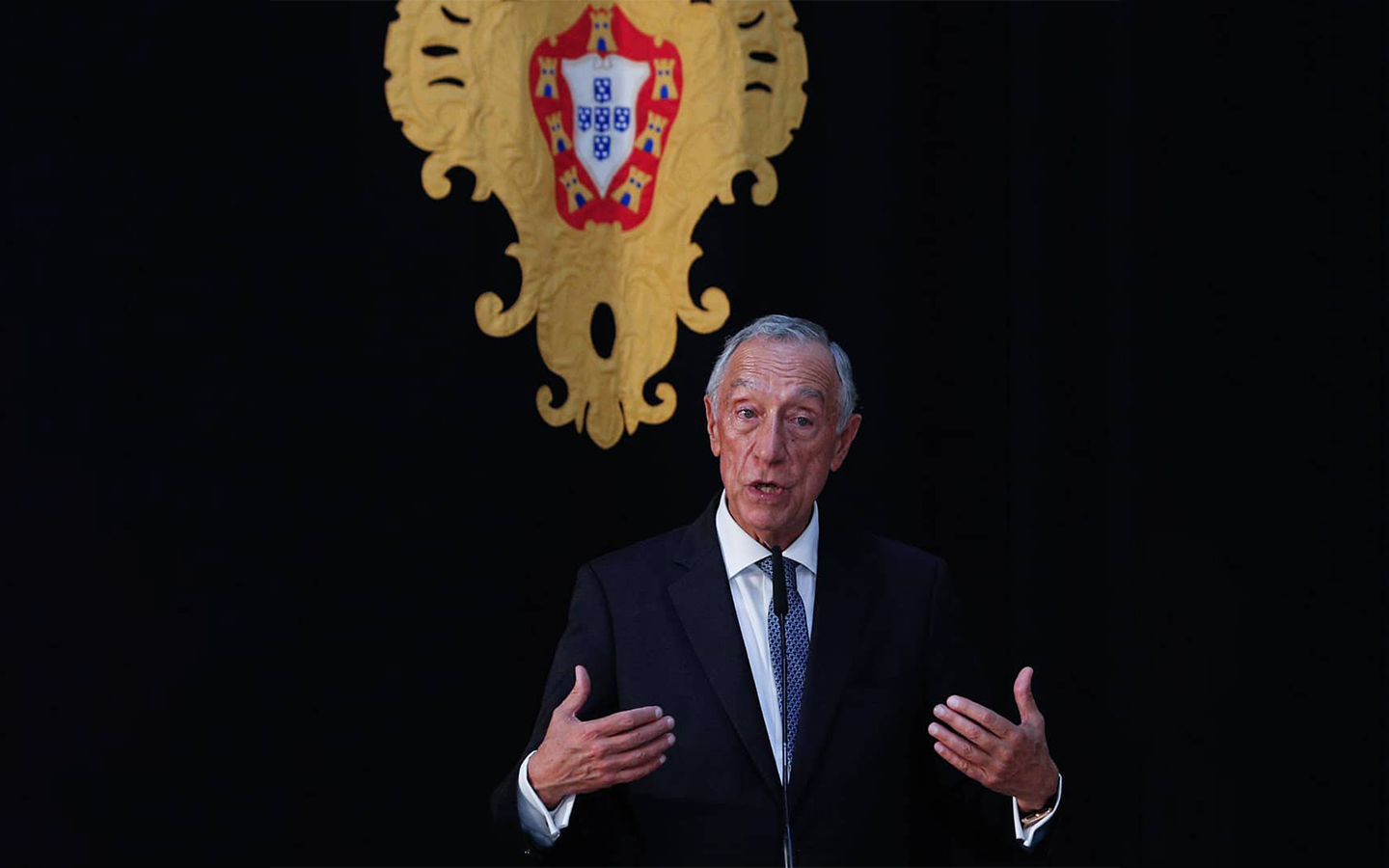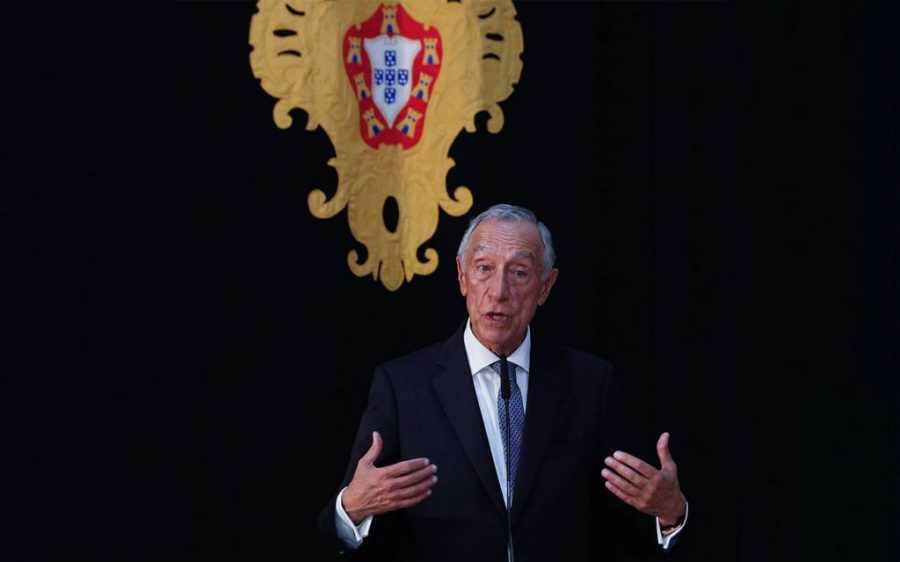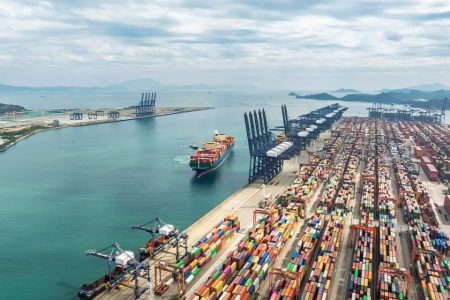Portugal should “assume full responsibility” for colonialism, says President Marcelo Rebelo de Sousa.
Speaking at the annual observance of the 1974 Carnation Revolution, when leftist military officers toppled the country’s dictator, Rebelo de Sousa said that Portugal would have a better future by taking responsibility “for what we did in the past, good and bad”.
While maintaining that colonisation brought linguistic and cultural benefits to places such as Brazil, he conceded that Portugal was guilty of “the exploitation of native peoples” and “slavery” as well as “the sacrifice of the interest of Brazil and Brazilians”.
Some six million Africans were captured and transported by Portuguese slave ships between the 15th and 19th centuries, mostly sold into slavery in Brazil, but no previous leader has offered an admission of culpability.
[See more: Lula holds talks in Lisbon, on a mission to reset ties with Brazil’s main partners]
“I would have liked to hear something more concrete from the president”, Paula Cardoso, who heads an organisation for black professionals in Portugal, told the Reuters news agency. “To have some impact, these reflections…have to be accompanied by measures and commitments”.
Silvio Almeida, Brazil’s human rights minister, issued a statement after Rebelo de Sousa’s remarks, saying that the Portuguese president had taken an “extremely important” step.
“We continue to suffer in Brazil the effects of a legacy of slavery”, Almeida said. “Recognising the exploitation of millions of enslaved people for more than 300 years is a step towards moving towards a less unequal society”.






